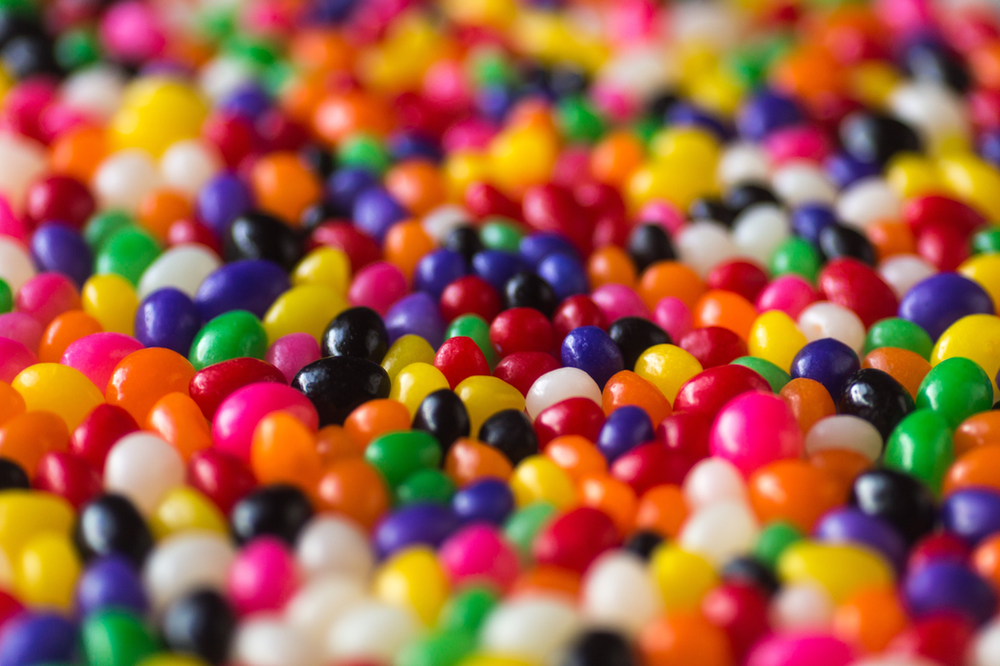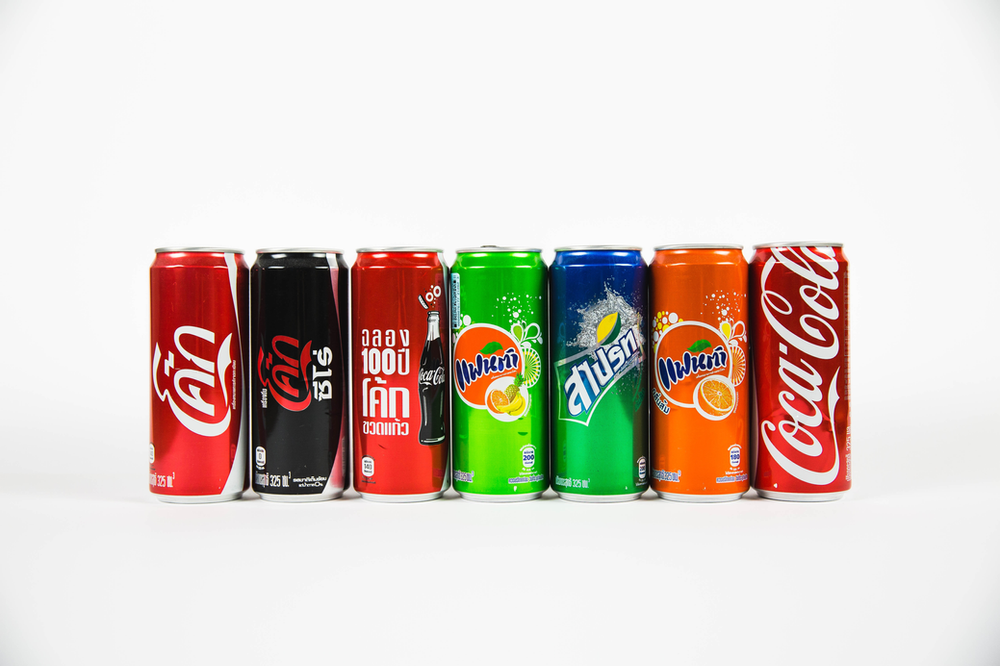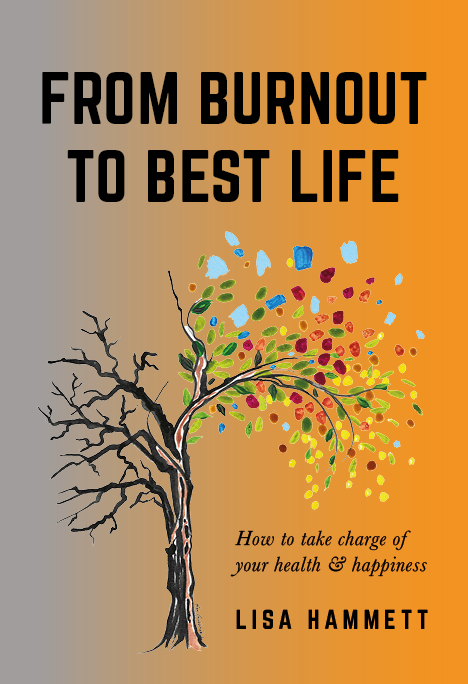Is sugar really that bad for you? I get this question all the time. With so much conflicting information on the internet, it’s difficult to determine what’s fact and what’s fiction. Here’s the skinny…

In a nutshell, limited amounts of processed and refined sugar are not harmful. When consumed in excessive quantities, sugar can cause many health problems, including:
· Diabetes
· Obesity
· Heart disease
· High cholesterol
· Certain types of cancer
· Depression
If an individual has diabetes or is pre-diabetic, any intake of sugar (natural or refined) needs to be closely monitored. For purposes of this discussion, we’re focusing mainly on added sugar, not natural sugar found in fruits and vegetables.
Over 70% of all foods contain sugar, most of which is added sugar. Fruit juice and soda are the primary sources of added sugar. Some fruit juice contains more added sugar than soda. Crazy, right? Especially, since fruit juice is marketed as healthy.
Approximately 75% of Americans eat excess amounts of sugar. So, what is an acceptable amount of added sugar? According to www.bornfitness.com, the rule of thumb is:
· 100 calories per day (approx. 25g, 6 tsp) – for women
· 150 calories per day (approx.. 38g, 9 tsp) – for men
This is equivalent to one regular size Snickers bar or 7-8 Oreo cookies. This in no way states that you should eat a candy bar or 7-8 cookies per day!

Is sugar addictive? Consuming sugar releases opioids and dopamine in our bodies, creating a short-term high as well as an energy boost. The high eventually turns into fatigue. Sugar, similar to alcohol, can increase anxiety, stress, and depression. It can also lead to binge eating, by serving as a short-term fix for emotional conditions. Research shows that sugar does have addictive properties. Unlike drugs, the withdrawal symptoms and sensitization are much less.
One thing to mention in regards to sugar and weight gain. Sugar by itself does not cause weight gain. 1 gram of sugar equals 4 calories. However, you can eat a lot of processed sugar and not feel full, making it very easy to over-consume. Whereas, fruits and vegetables, containing natural sugar, are made up of mostly water. They also contain fiber, which increases fullness and satisfaction, making them less likely to be over-consumed.

Bottom-line, if you enjoy a sugary treat on occasion, go for it! Trying to eliminate processed sugar from your diet is not sustainable long term. It can lead to feelings of deprivation which can manifest into an over-indulgence. This can be far more harmful than having a reasonable portion of your favorite dessert, occasionally. So, have your cake and eat it too!







